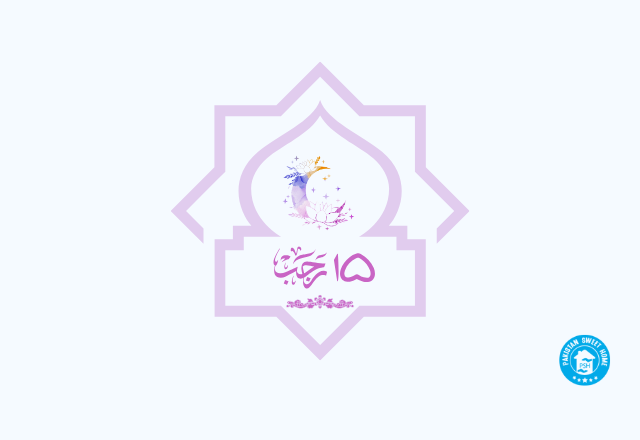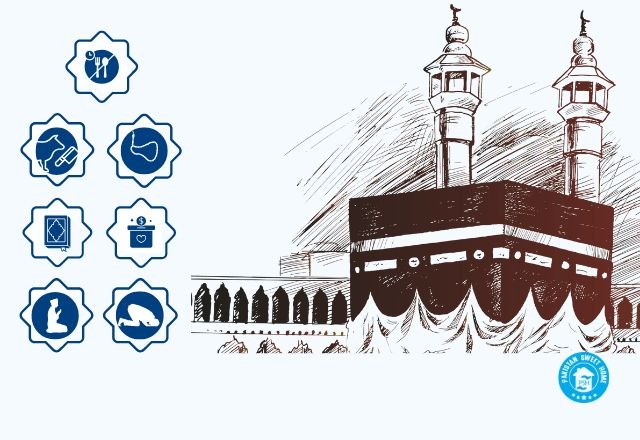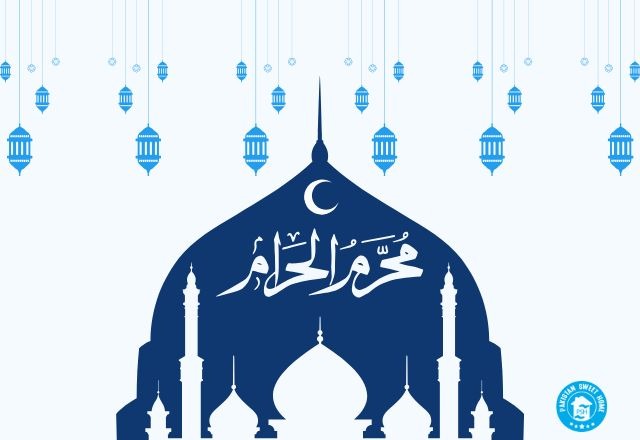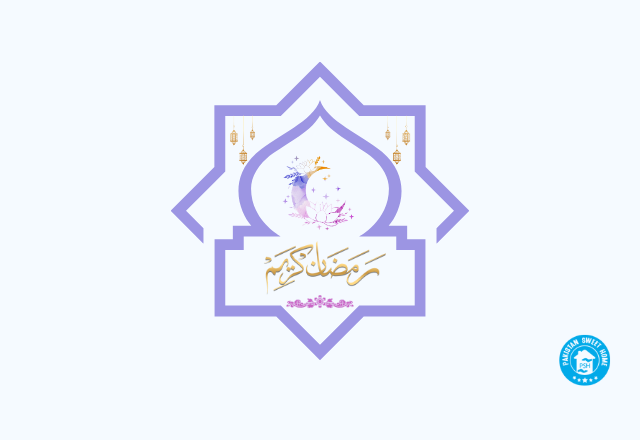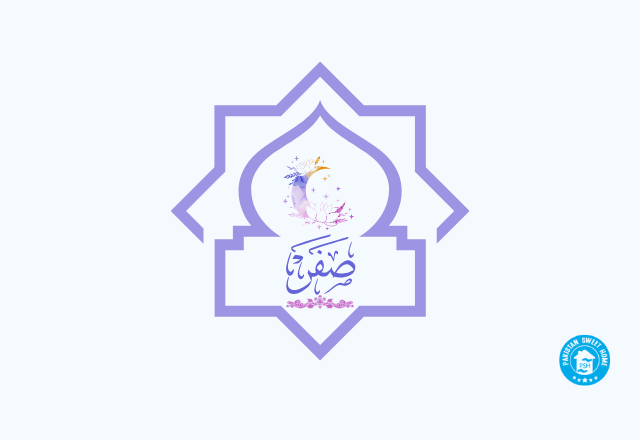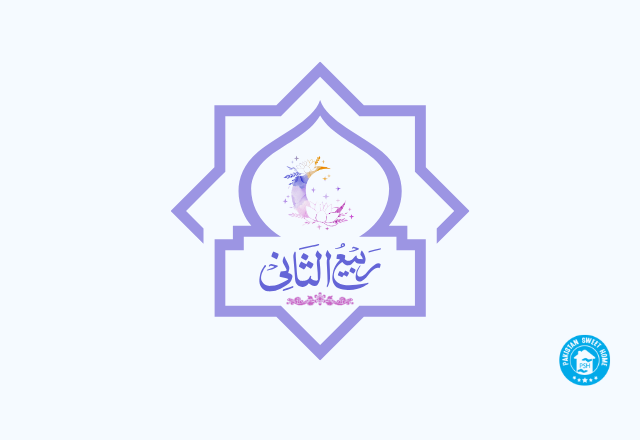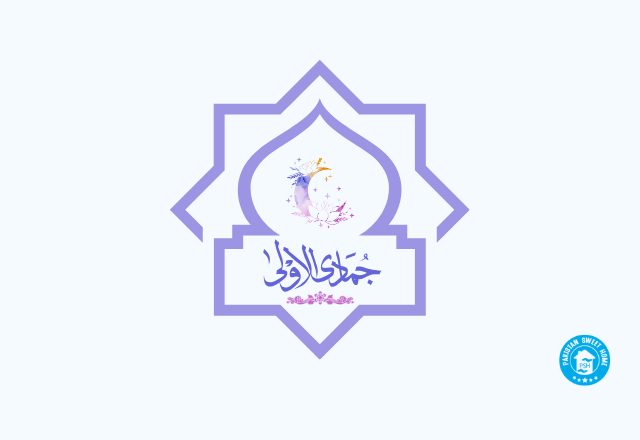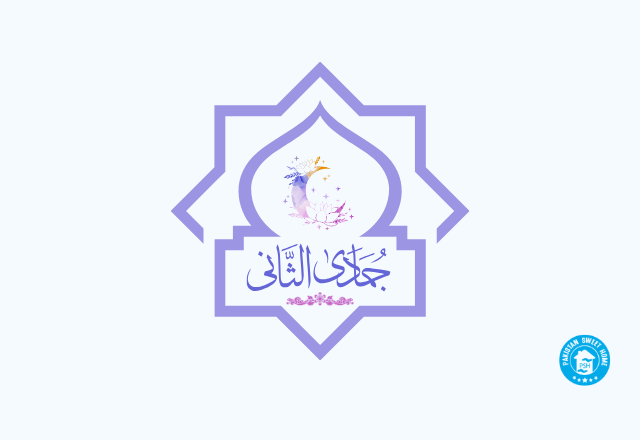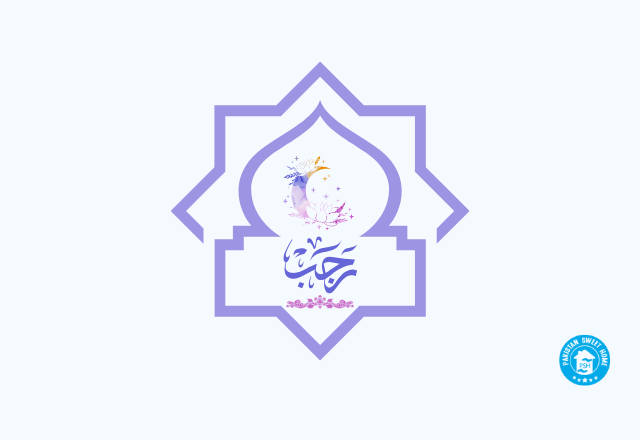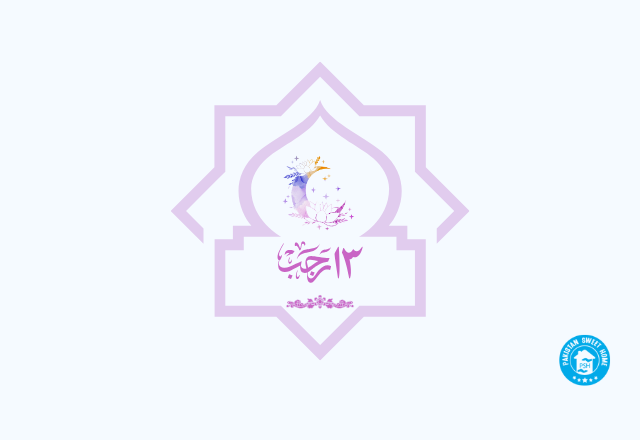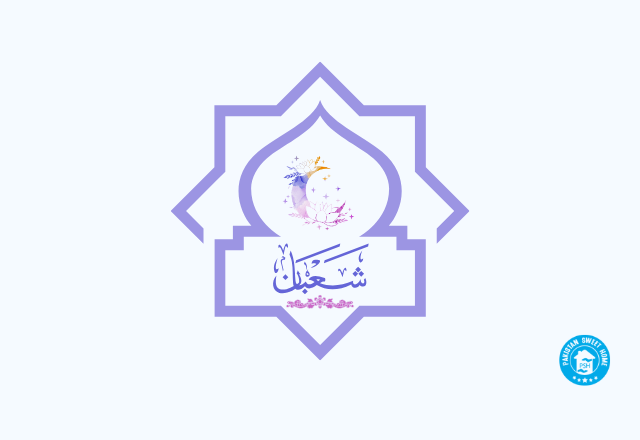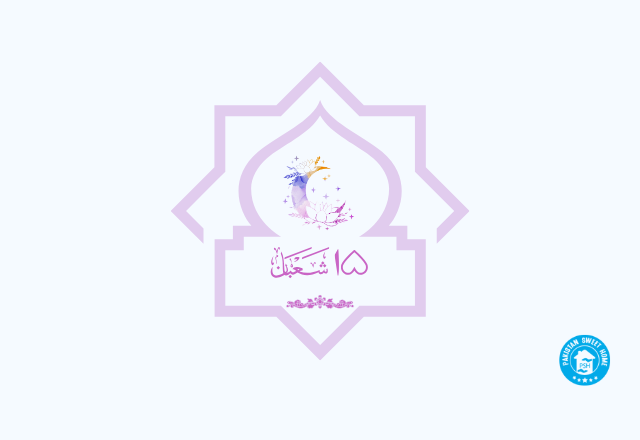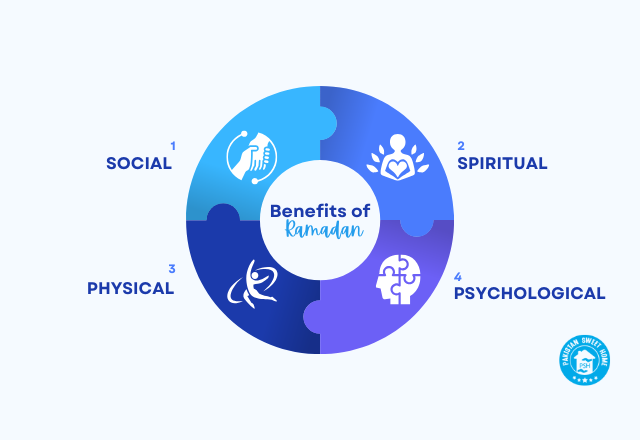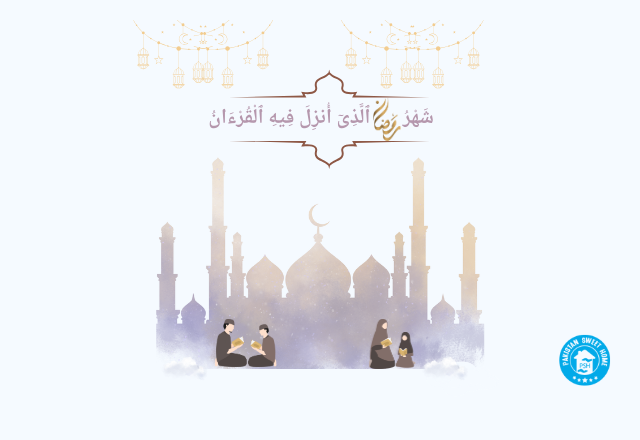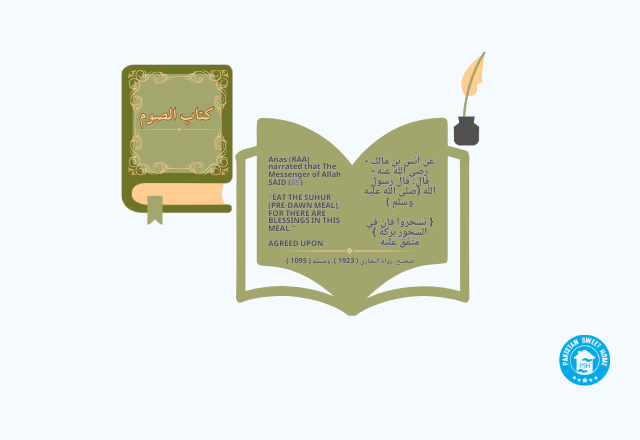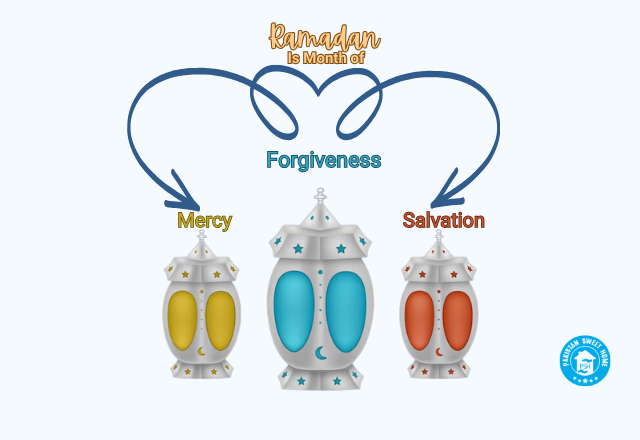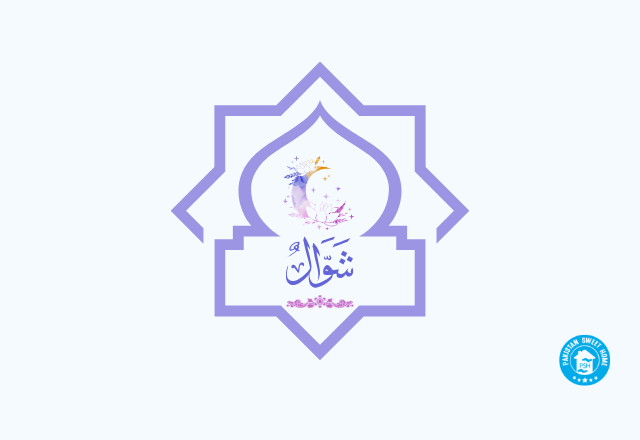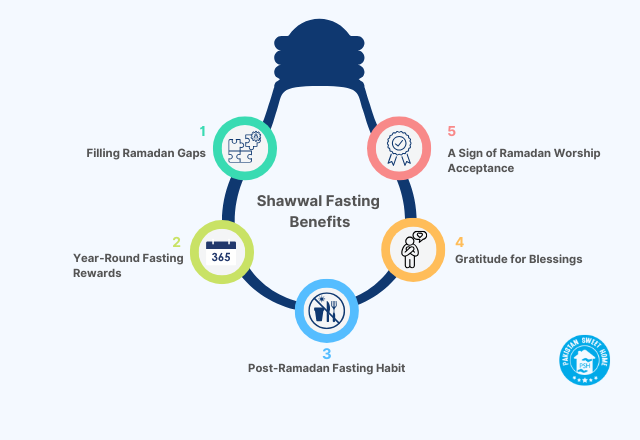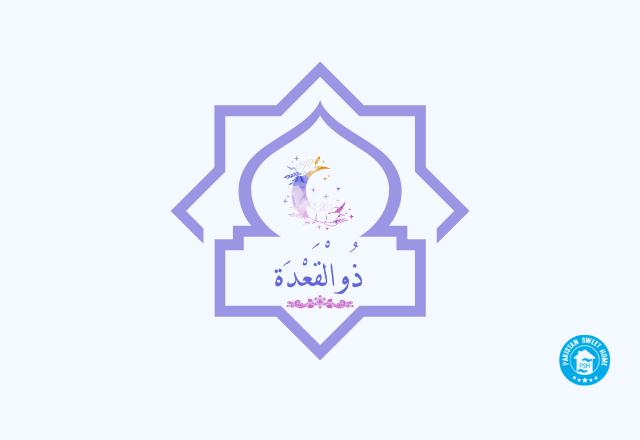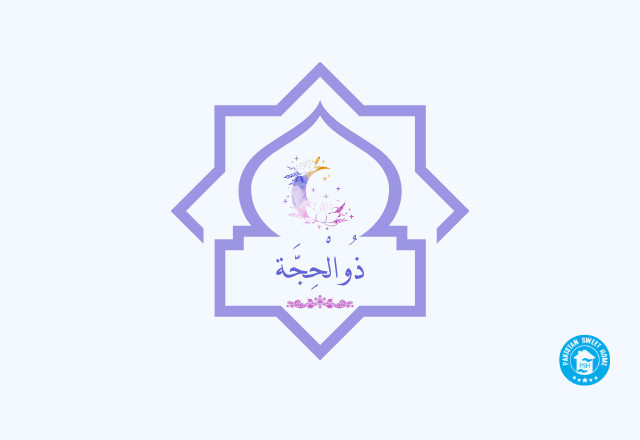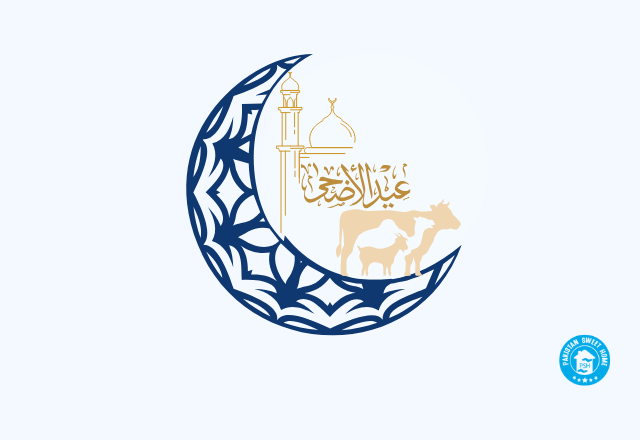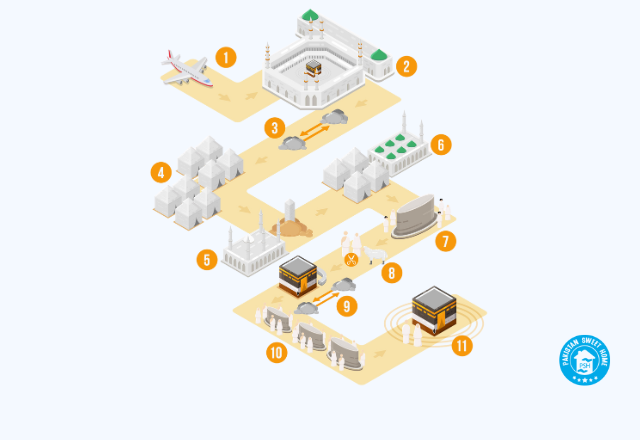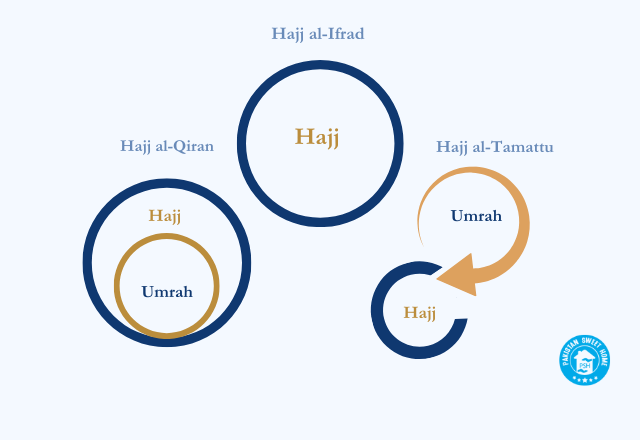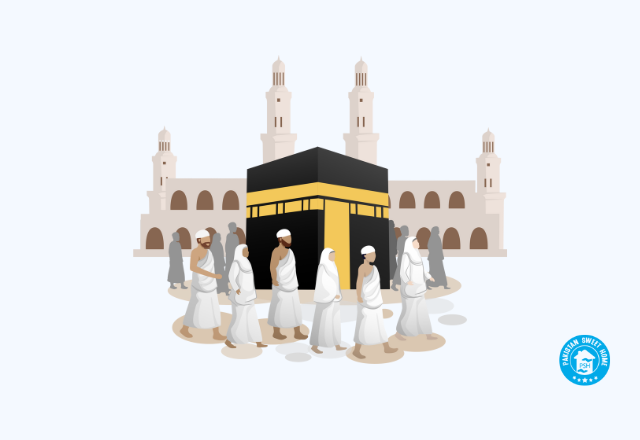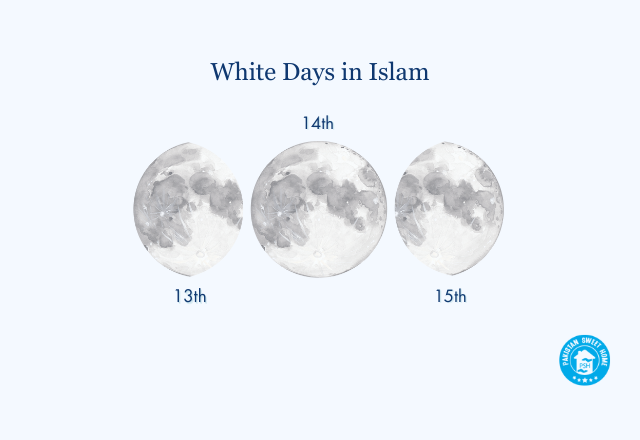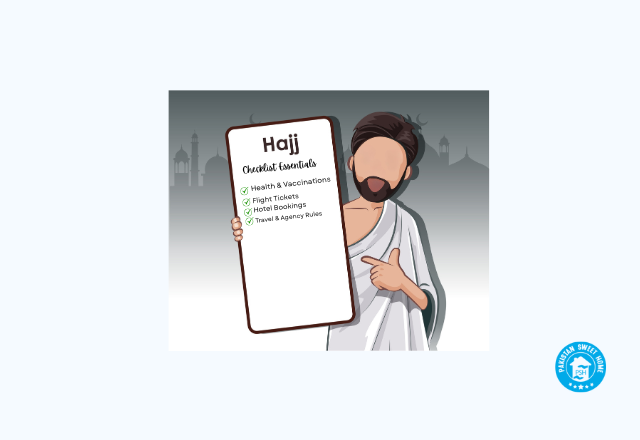Zainab bint Ali (RA), the eldest daughter of Ali ibn Abi Talib (RA) and Fatimah bint Muhammad (RA), died on 15 Rajab.
Zainab bint Ali (RA) is remembered as a great example of sacrifice, strength, and piety. She (RA) played a crucial role in safeguarding the prophetic legacy. Her (RA) efforts ensured that it remained vibrant and resilient against the forces of disbelief.
Let’s explore the Life of a courageous woman of Islam, Zainab bint Ali (R.A):
Titles of Zainab Bint Ali (RA)
The name "Zainab" in Arabic means "adornment of the father."
- Zainab al-Kubra ("the senior Zainab") to distinguish her from her younger sister, Umm Kulthum, also called Zainab al-Sughra ("the junior Zainab")
- Aqilatu Bani Hashim ("the sage of the Bani Hashim"), where "al-aqila" translates to "the secluded one" or "pearl"
- Batalatu al-Karbala ("the heroine of Karbala") for her significant role in the event of Karbala
- Al-Sayyida ("the lady")
- Al-Tahira ("the pure one")
- Umm al-Yatama ("mother of the orphans")
Early Life of Zainab bint Ali (RA)
Zainab (RA) was born in Medina on the 5th of the Islamic month of Jumada al-Awal, 626 CE, a few years after the Prophet (PBUH)'s hijrah. Like her elder brothers, Hasan and Husayn (RA), she (RA) was named by the Prophet (PBUH).
It is said that she resembled both her father, Ali (RA), and her (RA) grandfather, the Prophet (PBUH), in appearance. Her (RA) character reflected the finest qualities of her family. She (RA) inherited loyalty and wisdom from her grandmother Khadijah (RA).
Her (R.A) modesty and chastity came from her mother Fatimah (RA), and eloquence from her father Ali (RA). Additionally, she (RA) gained patience, bravery, and resilience from her brothers Hasan and Husayn (RA).
Surrounded by such extraordinary role models, Zainab (RA) grew up in a pure and pious environment. There, she (RA) not only absorbed the teachings of Islam but also excelled in household skills.
After losing her mother at the age of six, Zainab (RA) took on a motherly role for her brothers, as her mother had wished. This created a deep bond between the siblings. From a young age, Zainab (RA) was devoted to managing her father's household and caring for her siblings. She (RA) also showed generosity to the poor and needy.
Marriage and Family of Zainab bint Ali (RA)
Zainab (RA) married her paternal cousin, Abdullah bin Ja'far al-Tayyar. He (RA) was the Prophet Muhammad’s (PBUH) cousin. He (RA) was martyred in the Battle of Muta in 629 against the Byzantines.
Abdullah bin Jafar (RA) was a narrator of prophetic hadiths. Thirteen of his narrations are included in the Sunni canonical collection Musnad Ibn Hanbal. The couple had four sons: Ali, Awn, Abbas, and Muhammad, and a daughter named Umm Kulthum.
Awn and Muhammad were martyred in the Battle of Karbala, while no details are available about Abbas. Zainab's lineage (RA) continued through her son Ali (RA), also known as Ali al-Zainabi.
The Queen of Karbala and Pillar of Strength
Zainab (RA) is best known for her pivotal role during Karbala's events. Her remarkable bravery and steadfastness earned her the title "Queen of Karbala." She (RA) stood resolutely against the atrocities committed by Yazeed alongside her brother, Husayn (RA).
Throughout the battle of Karbala in Muharram, she (RA) witnessed immense suffering. These include the tragic loss of her children, nephews, and companions, culminating in the heartbreaking martyrdom of Husayn (RA).
Despite this profound grief, Zainab (RA) emerged as a pillar of support for the surviving Muslim women and children after Husayn’s (RA) death. Her (RA) courage enabled her to confront oppression and injustice boldly.
Even amid great sorrow, she (RA) exemplified the power of a woman's voice, challenging the notion that Muslim women should remain silent. Her (RA) passionate speeches raised awareness of the horrors faced in Karbala, inspiring empathy and action among the people.
As a result, the oppressors faced humiliation, and the prisoners were released. Zainab (RA) never displayed weakness; instead, she (RA) became a courageous leader, renowned for her defiance against tyranny.
A Symbol of Courage and Compassion
Zainab (RA) embodies the ultimate sacrifice for others and the sake of Allah (SWT). She (RA) was given the title ‘Umm al-Masaib’ (Mother of Misfortunes) due to the immense hardships she faced throughout her life. She later witnessed her father’s martyrdom and endured the suffering of her brother Hasan (RA), who was poisoned.
The events of Karbala brought her greatest trials, where she witnessed the martyrdom of her family and companions. During her captivity, she (RA) endured severe torture but never rebelled against Allah (SWT) or questioned His decree. Her (RA) submission was so profound that she prayed for the acceptance of the martyrs' sacrifices.
On the night of Ashura (10th Muharram), even as the enemy set fire to the camp, Zainab (RA) tended to the women and children in a half-burnt tent, nursing the injured with unmatched compassion. No amount of torment or grief deterred her from fulfilling her duties.
Zainab (RA) passed away in 682 CE in the 15 Rajab in the month of Rajab at approximately fifty-six years old, shortly after her return to Medina from Damascus. Her (RA) burial site is uncertain. The shrines dedicated to Zainab (RA) in Damascus and Cairo are popular pilgrimage sites for Muslims.
In conclusion, 15 Rajab has significance in Islamic history due to the death of the bravest woman in Karbala, Zainab bint Ali (RA). She (RA) is remembered as a remarkable figure whose life is a testament to unwavering strength, sacrifice, and resilience. Her (RA) brave actions during the events of Karbala showed her deep devotion to Islam. They also set a strong example for future generations.
As a leader and a mother, she (RA) faced great grief while supporting and caring for those around her. Zainab's (RA) legacy reminds us to stand against oppression, show modesty through sacrifice, and stay strong in our faith.
Pakistan Sweet Home provides homes for orphans, offering them a safe, secure, and loving environment. These homes are designed to meet the emotional and physical needs of children who have lost everything. Each child is treated with dignity, ensuring they have a brighter future ahead.
Make a Meaningful Impact on Life of an Orphan

info@pakistansweethome.org.pk
(051) 4865856
+92 335 1118477



